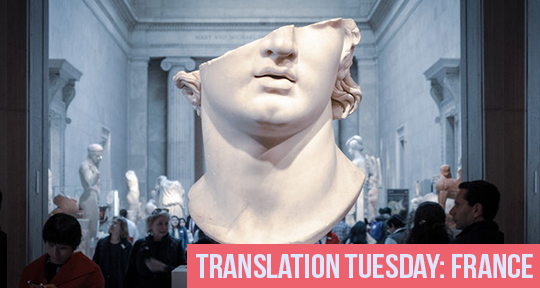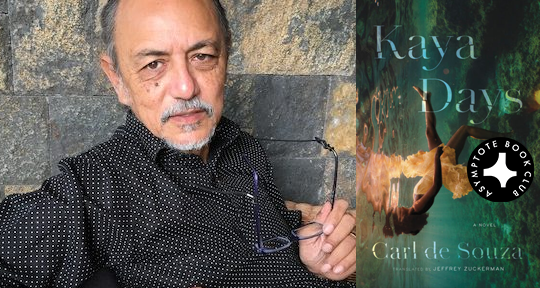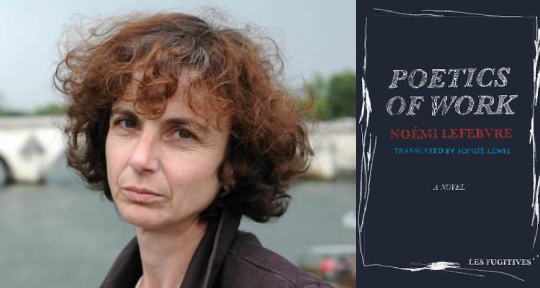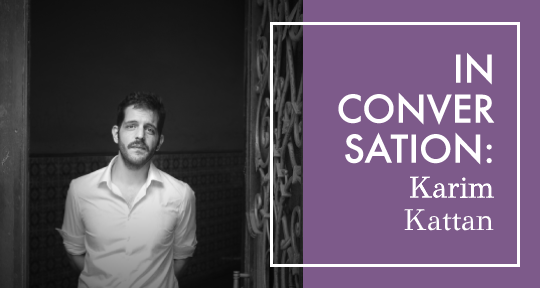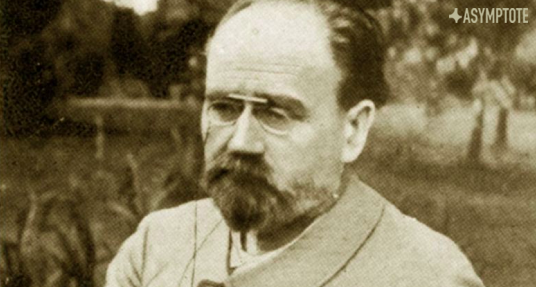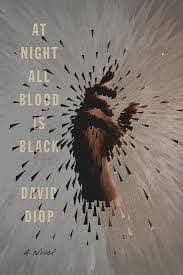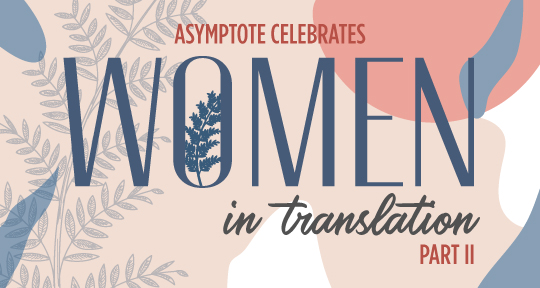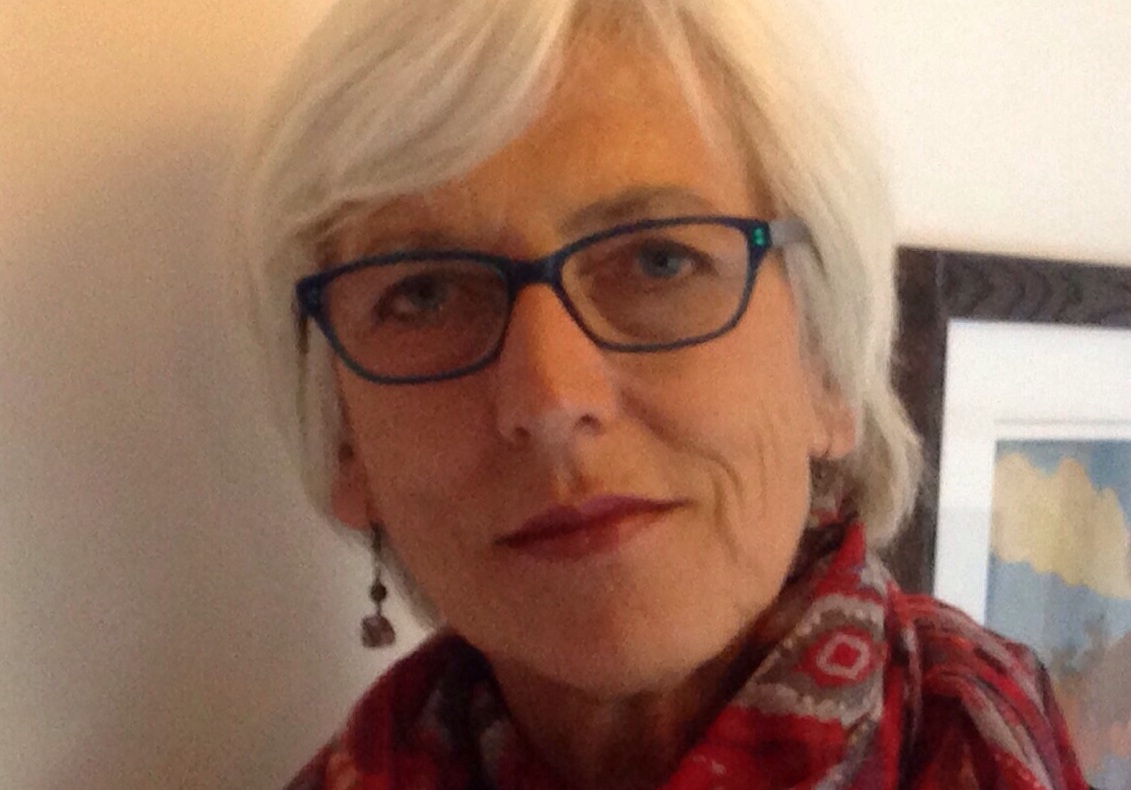Asymptote’s 2022 Summer issue featured two new hallucinatory, self-referential stories by Hérve Guibert and translated by translator and writer Daniel Lupo. In this interview, Assistant Editor Meghan Racklin speaks with Lupo on the challenges of translating Guibert’s various styles, ranging from the phantasmagoric to the spare, across his body of work. Their intimate conversation explores Guibert’s evolution as a writer, the role of improvisation in translation, and the relationship between translation and dance.
Megan Racklin (MR): The two Guibert pieces you translated for the latest issue of Asymptote both deal with the way market forces shape the process of writing. How do you see yourself, as a translator, fitting into that broader system?
Daniel Lupo (DL): At least in the United States, literary translation is a minor, severely underfunded sector of the two markets Guibert takes aim at in these stories: periodical publishing and book publishing. Hardly anyone pays their bills from literary translation alone, which means we don’t have to worry about buckling under the demand to produce a new text every week, as Guibert’s photography critic does—although we may very well have to worry about editors like the one in his other story finding our financial expectations “insolent.” In the absence of a profit motive, most translators I know, including myself, translate out of a love of the language, particular authors or texts, the practice of translation itself, or a combination of those. But of course, loving your work and making a living from it shouldn’t be mutually exclusive.
MR: You’ve translated Hérve Guibert’s work extensively, including a wonderful translation of his novel Arthur’s Whims. Can you talk about the relationship between author and translator that develops through this kind of sustained engagement with their work? How do you see the relationship between your voice as a translator and Guibert’s as a writer?
DL: Guibert has a very intense, hypnotic voice. Often after reading him, I can still feel the rhythms of his text reverberating in my head long after the words have faded from memory. When translating him, it’s very easy for me to get lost in his voice, such that it’s only after finishing a draft and going back over what I wrote that I recognize signs of my own voice, my own anglophone quirks and idiosyncrasies that may or may not gel with his francophone ones. But it works both ways: his voice is filtered through my voice as much as mine is filtered through his. That’s something I love about translation: it’s a very intimate process in which the author’s voice and the translator’s voice rub up against and influence each other.


